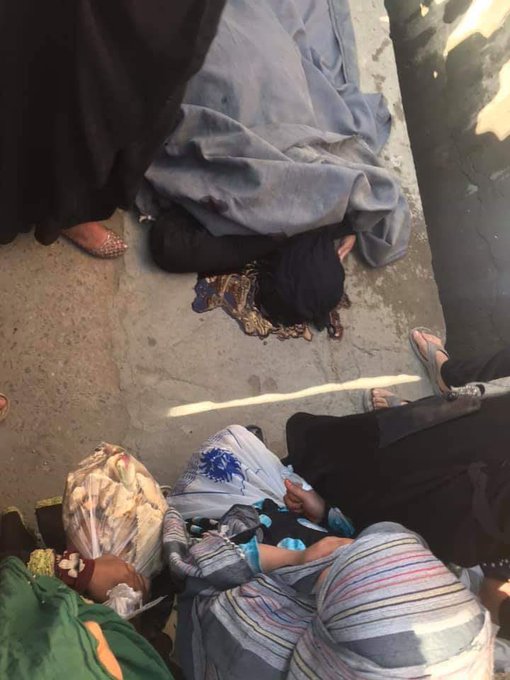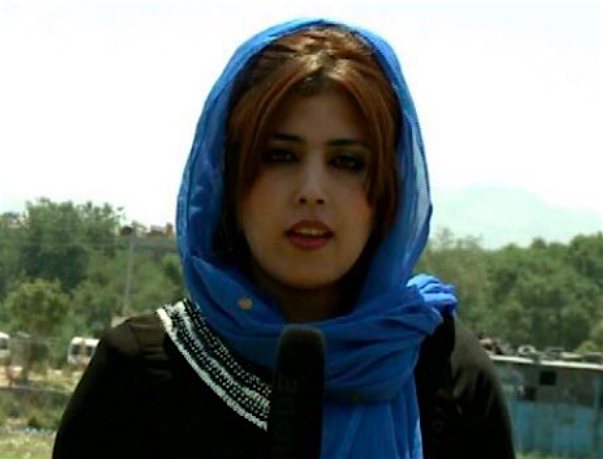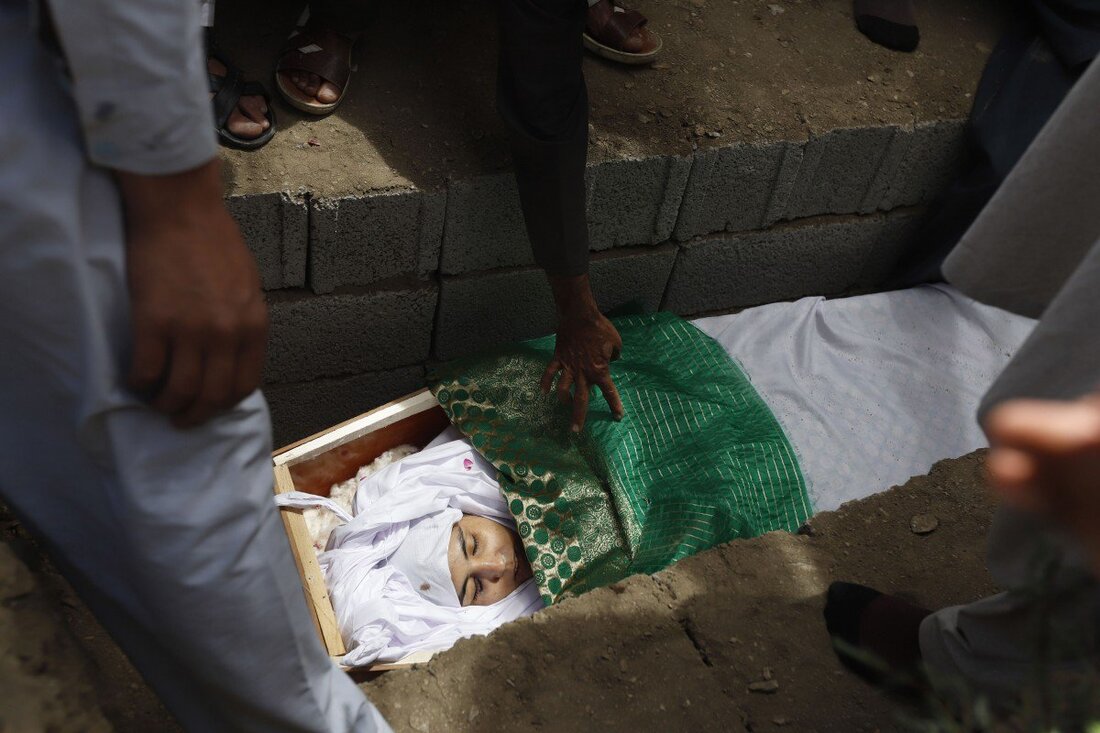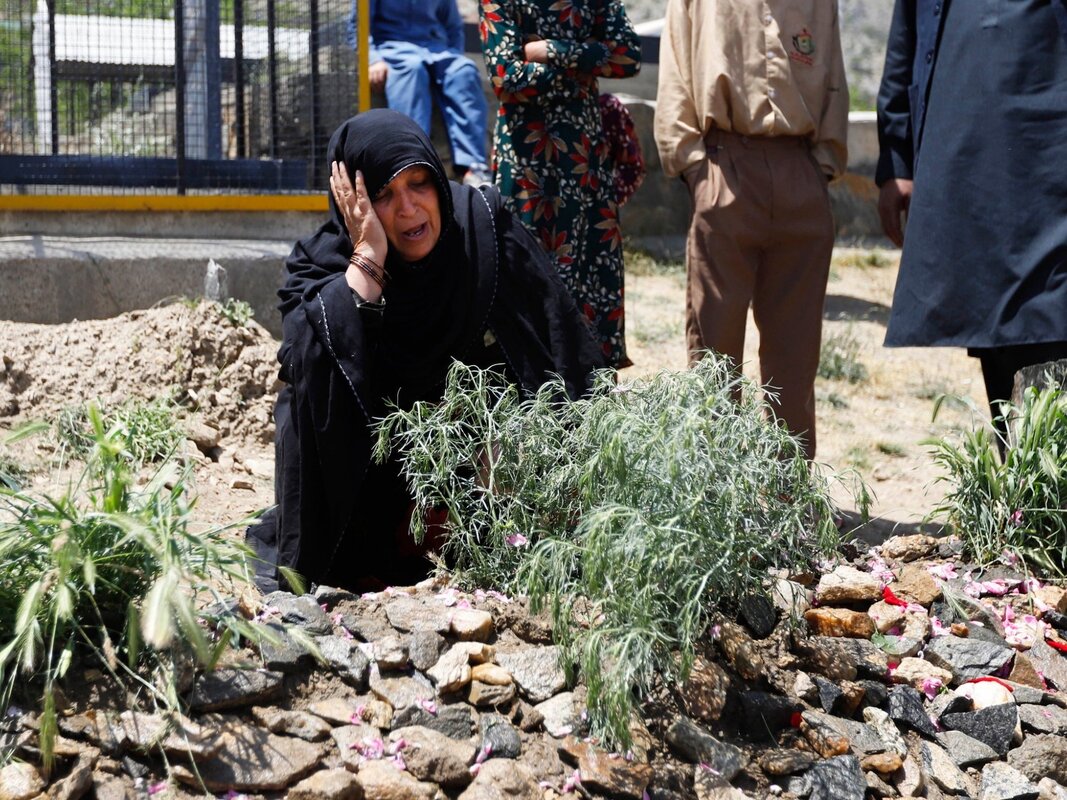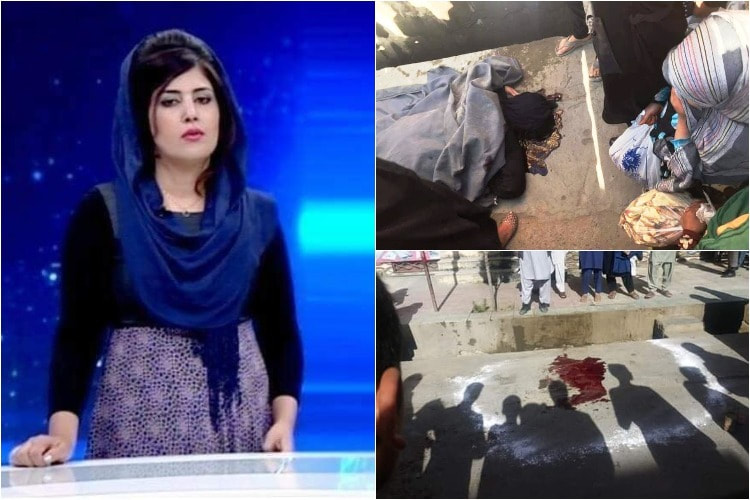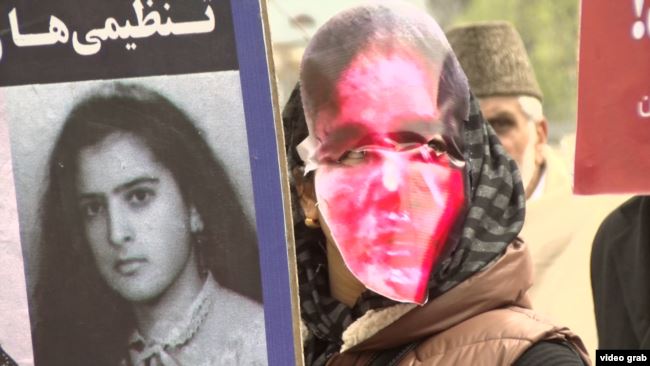18.05.19
Mena Mangal: Journalist and Women's Rights Campaigner Shot Dead in Broad Daylight in Kabul, Afghanistan.
A prominent journalist and adviser to the Afghan parliament has been gunned down in Kabul, just days after posting on social media that she feared for her life. Mena Mangal was killed on Saturday morning in a brazen, public attack carried out in broad daylight. In a Facebook post on May 3, she said had received threatening messages, but that a strong woman does not fear death, and that she loved her country. “This woman had already shared that her life was in danger; why did nothing happen? We need answers,” Wazhma Frogh, an Afghan human rights lawyer and women’s rights campaigner told the press. “Why is it so easy in this society [for men] to keep killing women they disagree with?”. The murder is under investigation, but Mangal’s mother, in a video posted to Twitter, named a group of men as suspects — claiming they had previously kidnapped her daughter but escaped justice by bribing their way out of detention. Mangal forged her career as a presenter on the Pashto-language channel Tolo TV, the country’s largest private broadcaster, and later worked for one of its competitors, Shamshad TV. Off-screen she was a passionate advocate of women’s rights to education and work, and had recently become a cultural adviser to the lower chamber of Afghanistan’s national parliament. Women have been repeatedly targeted for assassination over the past two decades of war in Afghanistan, by insurgents who sought to oppress women’s voices, and even by members of their own families and communities. Afghanistan has been ranked by the UN as one of the top 3 most dangerous countries for women. In 2018, close to 300 women were killed in the first nine months of the year.
Credit: Presidential Information Coordination Center
Credit: Presidential Information Coordination Center
Mother of late Afghan female journalist and political adviser Mena Mangal grieves on her grave.
Poverty deprives people of adequate education, health care and of life's most basic necessities- safe living conditions (including clean air and clean drinking water) and an adequate food supply. The developed (industrialized) countries today account for roughly 20 percent of the world's population but control about 80 percent of the world's wealth.
Poverty and pollution seem to operate in a vicious cycle that, so far, has been hard to break. Even in the developed nations, the gap between the rich and the poor is evident in their respective social and environmental conditions.
Poverty and pollution seem to operate in a vicious cycle that, so far, has been hard to break. Even in the developed nations, the gap between the rich and the poor is evident in their respective social and environmental conditions.
